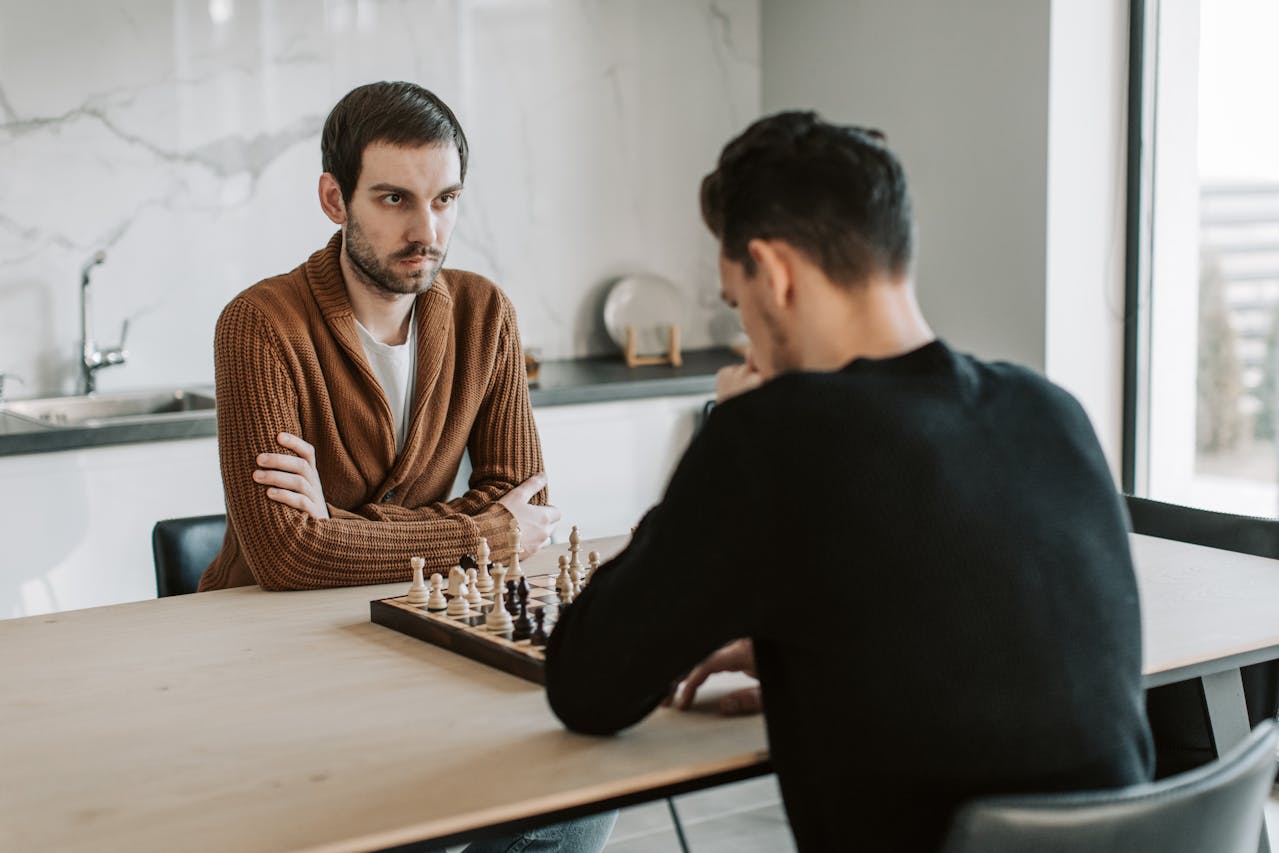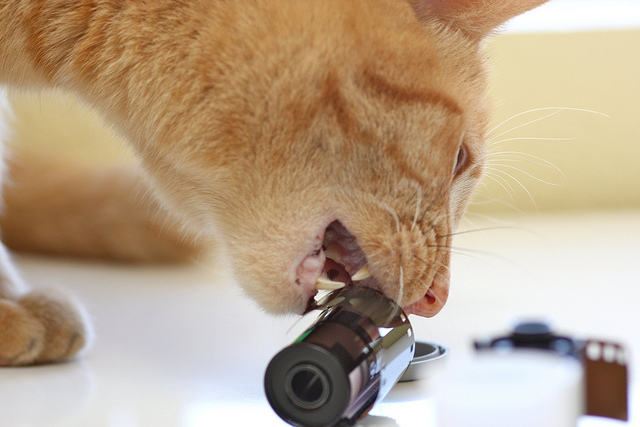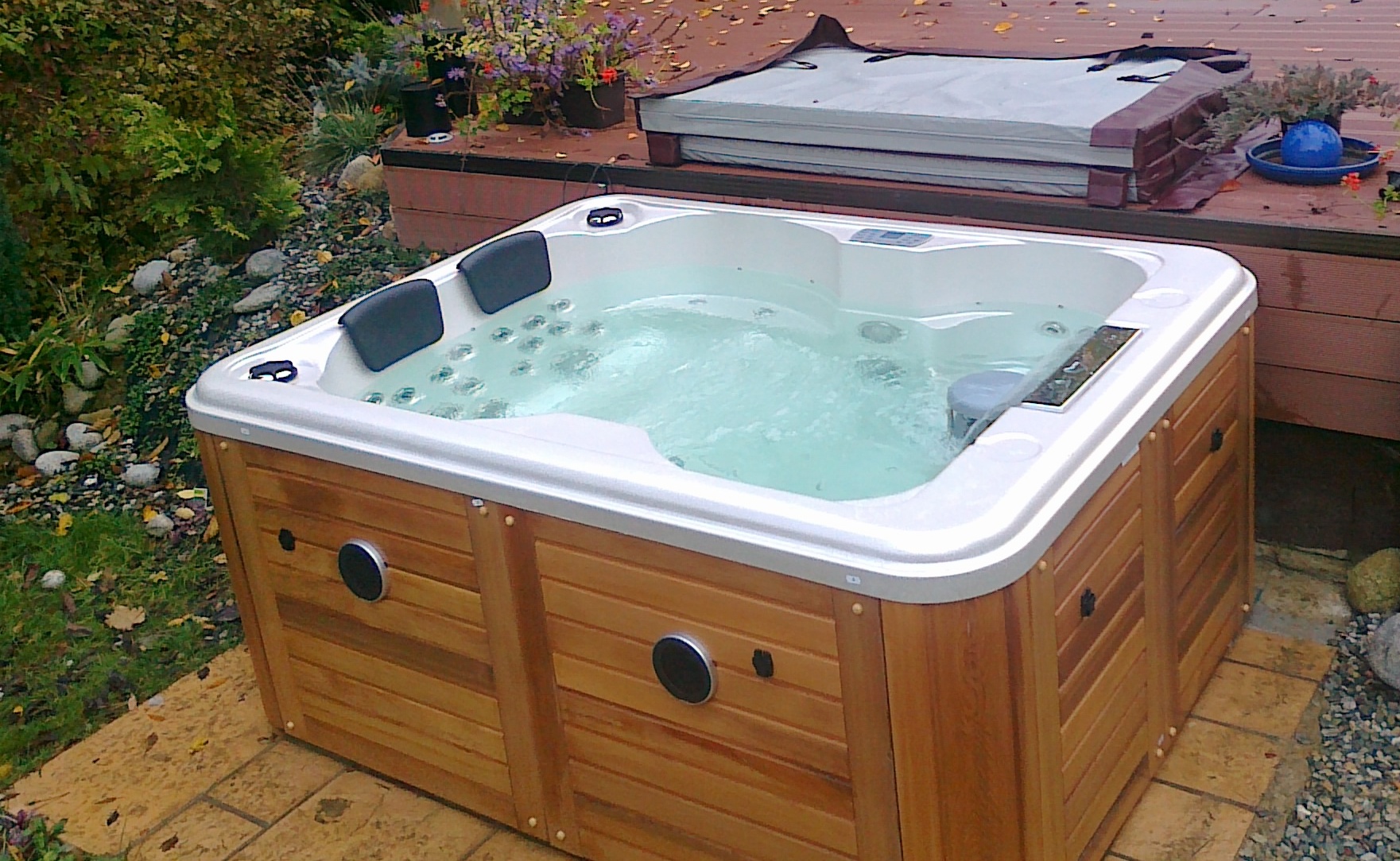 Some hobbies are just a way to pass the time. Others quietly make you better at thinking, remembering, and solving problems—without feeling like you’re studying. The trick is finding something enjoyable enough that you stick with it, but challenging enough that it pushes you a little. That’s when the real changes start to happen.
Some hobbies are just a way to pass the time. Others quietly make you better at thinking, remembering, and solving problems—without feeling like you’re studying. The trick is finding something enjoyable enough that you stick with it, but challenging enough that it pushes you a little. That’s when the real changes start to happen.
Over weeks and months, these activities strengthen skills that carry into other parts of life. You’ll notice yourself making quicker decisions, remembering details more easily, and finding creative solutions to problems. All of that happens while you’re just enjoying something you genuinely want to do.
Get Hands-On with Science
Science isn’t only for classrooms or labs—it’s in everyday life if you know where to look. You see it in how bread rises, why shadows change shape, or the way certain metals stick together. Doing small experiments makes those ideas click in a way reading alone can’t. If you want to dive in without hunting for supplies, science gifts are a solid place to start. They often come as ready-to-use kits or gadgets that turn curiosity into something you can actually build or test. Whether it’s wiring up a basic circuit, growing crystals, or tracking the phases of the Moon, the mix of creativity and problem-solving is what makes it stick.
Music: More Than Just Playing Notes
Learning an instrument pulls together a lot of mental skills at once. You’re reading music, controlling your hands, and listening closely to tiny details—all at the same time. Even short practice sessions sharpen focus and improve memory over time. There’s also a patience factor; a song that feels impossible on day one can start to sound good after a couple of weeks. If you play with other people, it adds teamwork, timing, and adaptability into the mix. The result isn’t just better music—it’s better concentration everywhere else. And unlike many hobbies, music is something you can carry for life.
Cooking That Teaches More Than Recipes
Cooking is a mix of creativity, planning, and quick problem-solving. Recipes are basically step-by-step instructions with room to experiment, which makes them perfect for practicing focus and organization. Baking, in particular, is like chemistry you can eat: precise measurements, reactions you can see, and results you can taste. Trying new dishes or changing ingredients forces you to think on your feet, and sharing the finished product builds confidence in a way few other hobbies do. Even something as simple as making bread from scratch can teach patience and attention to detail.
Read With Purpose
Reading consistently builds vocabulary, focus, and a better grasp of how ideas connect. The key is to read things you actually want to finish, whether that’s novels, biographies, or even well-written articles. A little every day goes further than cramming a whole book into one weekend. Over time, the habit pays off in clearer thinking, better writing, and an easier time following complex ideas—skills that show up in school, work, and conversations. If you mix different types of reading—fiction for creativity, nonfiction for knowledge—you get the best of both worlds.
Strategy In Games
Strategy games are like mental gyms. Chess trains long-term planning and pattern recognition, while puzzles sharpen problem-solving skills. Even certain video games can be surprisingly good at improving reaction time, strategic thinking, and teamwork—if you play them with intent instead of zoning out. The value comes from making decisions, seeing the result, and adjusting your approach, which is the same process behind solving real-world problems. The more you challenge yourself, the more your brain adapts.
Growing Something from Scratch
Gardening teaches observation and patience in a way that’s hard to fake. You have to notice when a plant needs more water, less light, or a bigger pot, and make changes before it’s too late. Starting small with a few herbs or low-maintenance plants makes it easier to keep the habit going. Watching something grow because of your care is satisfying, but it also improves planning, responsibility, and awareness of your environment. Over time, you start anticipating needs before they become problems—a skill that’s valuable far beyond the garden.
Writing To Clarify Your Thinking
Writing isn’t just about putting words on a page—it’s about shaping your thoughts so they make sense. Whether it’s journaling, blogging, or short stories, writing forces you to organize your ideas and make decisions about what matters. Reading your work out loud is a simple way to spot anything that doesn’t sound right. The more you do it, the easier it becomes to explain things clearly, whether in conversation, schoolwork, or presentations. It’s also a great way to track progress and see how your thinking changes over time.
Languages Open More Than Doors
Learning another language is one of the best long-term workouts for the brain. It challenges memory, teaches pattern recognition, and forces you to think in new ways. Apps and videos are fine for getting started, but the real progress comes from using the language in everyday life—through music, films, or short conversations. Setting small, consistent goals, like learning five new words a day, keeps it manageable and makes the results stick. The bonus is that it can also connect you with people and cultures you might never have known otherwise.
Physical Hobbies That Require Thinking
Sports and activities like martial arts, tennis, or dance combine physical movement with mental strategy. You’re making quick decisions, remembering sequences, and adapting to changes in real time. These hobbies also reduce stress and improve sleep, both of which keep your mind sharp. The mix of physical and mental effort makes them a complete upgrade for both body and brain. Even practicing for a few minutes can have benefits that last all day.
Making It Last
The real difference comes from sticking with a hobby over time. Keep it visible and easy to start—leave your guitar on its stand, a book on your desk, or running shoes by the door. Focus on short, regular sessions instead of long, rare ones. Track your progress, but don’t get hung up on perfection. What matters is that you keep showing up, because that’s when small gains turn into lasting skills. Over time, the habit becomes part of your identity, and that’s when it sticks for good.









